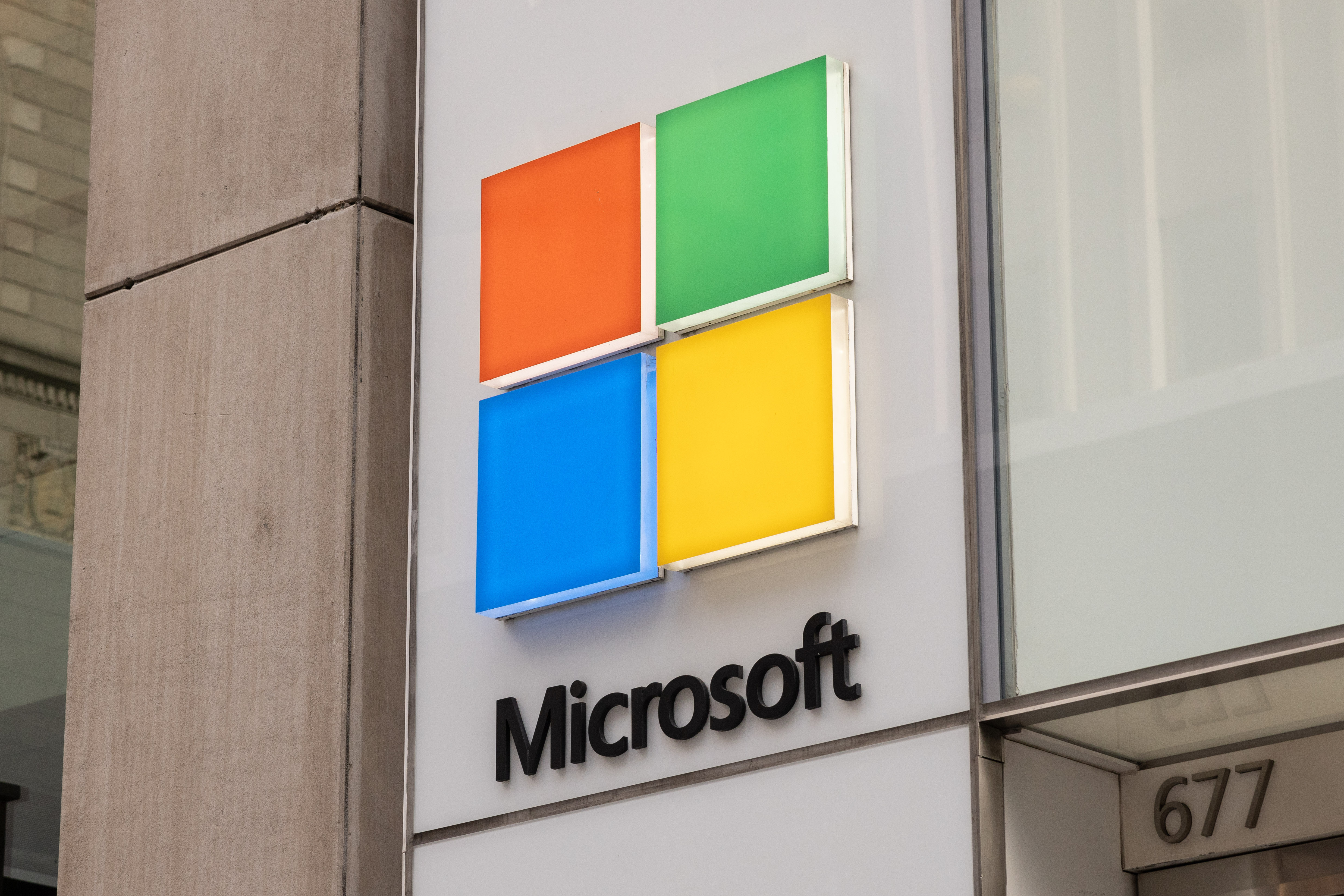Generative AI has been the secret sauce for Microsoft as its market cap surpasses Apple
Microsoft has ramped up generative AI investment over the last year and its surging share price has been a reflection of its sharpened focus on the emerging technology
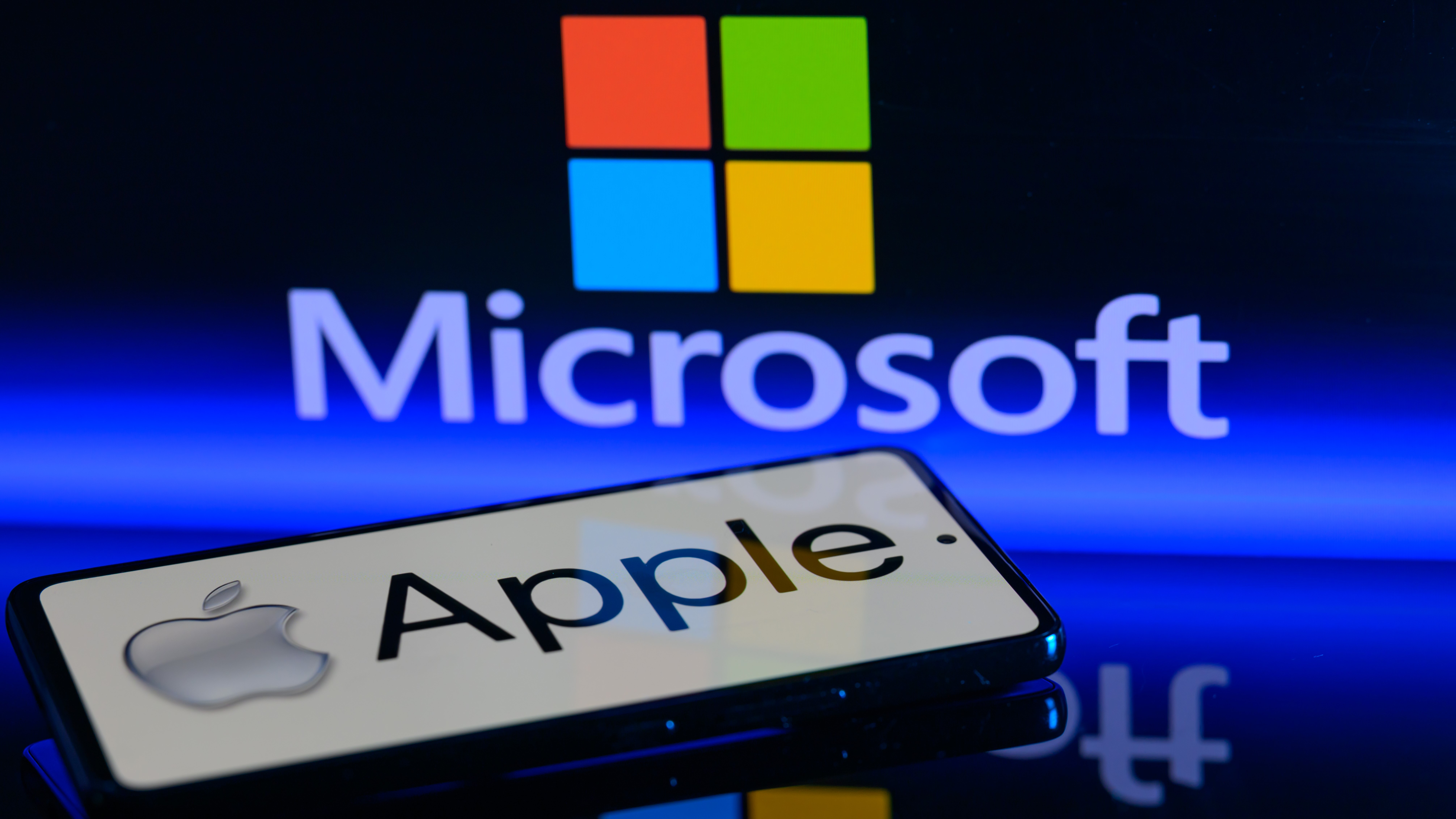

Microsoft’s meteoric rise over the last 18 months has been nothing short of remarkable, with the company having recently overtaken Apple to become the world’s most valuable company.
The tech giant leapfrogged Apple last week after reaching a market capitalization of $2.887 trillion, and much of this has been due to its huge successes in cloud computing and, notably, generative AI.
While Apple competes with flagging smartphone demand, Microsoft has focused its efforts on generative AI.
The company’s close relationship with OpenAI, which has prompted scrutiny from regulators on both sides of the Atlantic, has enabled it to capitalize on the generative AI ‘boom’ sparked by the launch of ChatGPT in November 2022.
Microsoft isn’t alone in its generative AI ambitions, however. Major competitors in the cloud computing space, including Google and AWS, are also on a relentless march to achieve AI dominance.
Notably though, Microsoft struck an early lead in this race, which has proven vital and left competitors scrambling to catch up.
Speaking to ITPro, Greg Silverman, global director of brand economics at Interbrand, said Microsoft’s recent share price surge has been “well earned”, adding that the company serves as an example of how an ambitious corporate strategy can be delivered successfully.
Get the ITPro daily newsletter
Sign up today and you will receive a free copy of our Future Focus 2025 report - the leading guidance on AI, cybersecurity and other IT challenges as per 700+ senior executives
“They have made product moves, communicated their strategy, and played an active role in their ecosystem to ensure the integrity of their vision,” he said. “And the growing expectations of their brand’s performance has led them to rise above Apple.”
“If you consider that the core business of Microsoft has been doing exceedingly well over the past few years, the addition of AI has driven expectations of their performance even higher,” Silverman added.
“Investors see the traditional strength of Microsoft married to the upside value of an AI startup.”
Generative AI investment has worked wonders for Microsoft
Microsoft’s close relationship with OpenAI has been a key differentiator for the tech giant and has enabled it to rapidly accelerate its generative AI ambitions over the last year.
RELATED RESOURCE
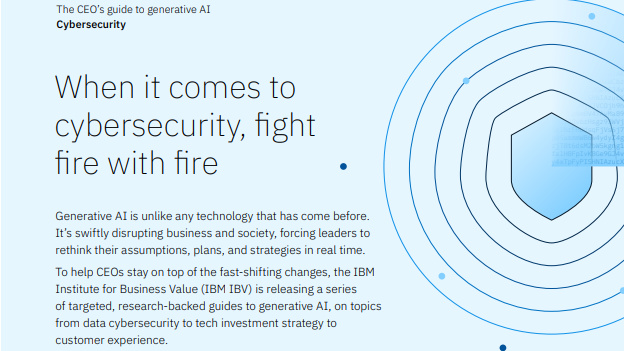
Discover how you can speed up your security processes with generative AI
DOWNLOAD NOW
OpenAI-powered features are now intricately woven throughout the entirety of Microsoft’s core product offerings, with GPT-4, for example, underpinning its flagship Copilot AI assistant. From Azure to Windows and its productivity suites, generative AI is now part of the woodwork at Microsoft.
On the consumer side, the company has pushed the use of Copilot onto customers through a dedicated icon on Windows operating systems, and they’ve gone so far as to launch the Copilot tool on Windows 10 despite great efforts to push users onto the newer Windows 11 operating system.
Microsoft also doubled down on this by announcing the addition of a new, physical Copilot keyboard button, encouraging widespread adoption in a move that is helping to usher in the era of the AI PC.
Microsoft leads the way in AI-powered cloud services
Microsoft’s cloud service Azure hasn’t been spared the AI makeover either, and it will continue to form a significant part of the company's strategy going forward.
In mid-2023, Microsoft announced its plans to adorn Azure with a suite of AI-related updates and products.
These included the streamlining of Azure OpenAI data sources, a new retrieval system for Azure Cognitive Search, and enhanced document and conversation summarization from the Azure Cognitive Service Function.
Apple and Microsoft could face a market cap battle
While Microsoft may be riding high after overtaking Apple, Silverman warned that fortunes can quickly change. Apple has been dealing with a well-publicized slump in recent months prompted by falling demand for flagship products such as the iPhone.
Apple has overcome market challenges in the past, however, and Silverman said there’s little doubt the company will bounce back. This, he suggested, could result in a “market capitalization battle” between the two firms.
“Apple emerges as a consistent overperformer,” he said. “While they have had tough periods of performance before, they have the brand strength to rebound, and often rebound quickly.”
“Microsoft has underperformed on its price-earnings ratio (P/E) relative to its peers. So, if history predicts the future, the conclusion would be that Microsoft will not outplay Apple over time.
“However, given the leadership that Microsoft has now and the momentum they have built, it is highly likely that this will be a market capitalization battle for the foreseeable future”.

George Fitzmaurice is a former Staff Writer at ITPro and ChannelPro, with a particular interest in AI regulation, data legislation, and market development. After graduating from the University of Oxford with a degree in English Language and Literature, he undertook an internship at the New Statesman before starting at ITPro. Outside of the office, George is both an aspiring musician and an avid reader.
-
 Bigger salaries, more burnout: Is the CISO role in crisis?
Bigger salaries, more burnout: Is the CISO role in crisis?In-depth CISOs are more stressed than ever before – but why is this and what can be done?
By Kate O'Flaherty Published
-
 Cheap cyber crime kits can be bought on the dark web for less than $25
Cheap cyber crime kits can be bought on the dark web for less than $25News Research from NordVPN shows phishing kits are now widely available on the dark web and via messaging apps like Telegram, and are often selling for less than $25.
By Emma Woollacott Published
-
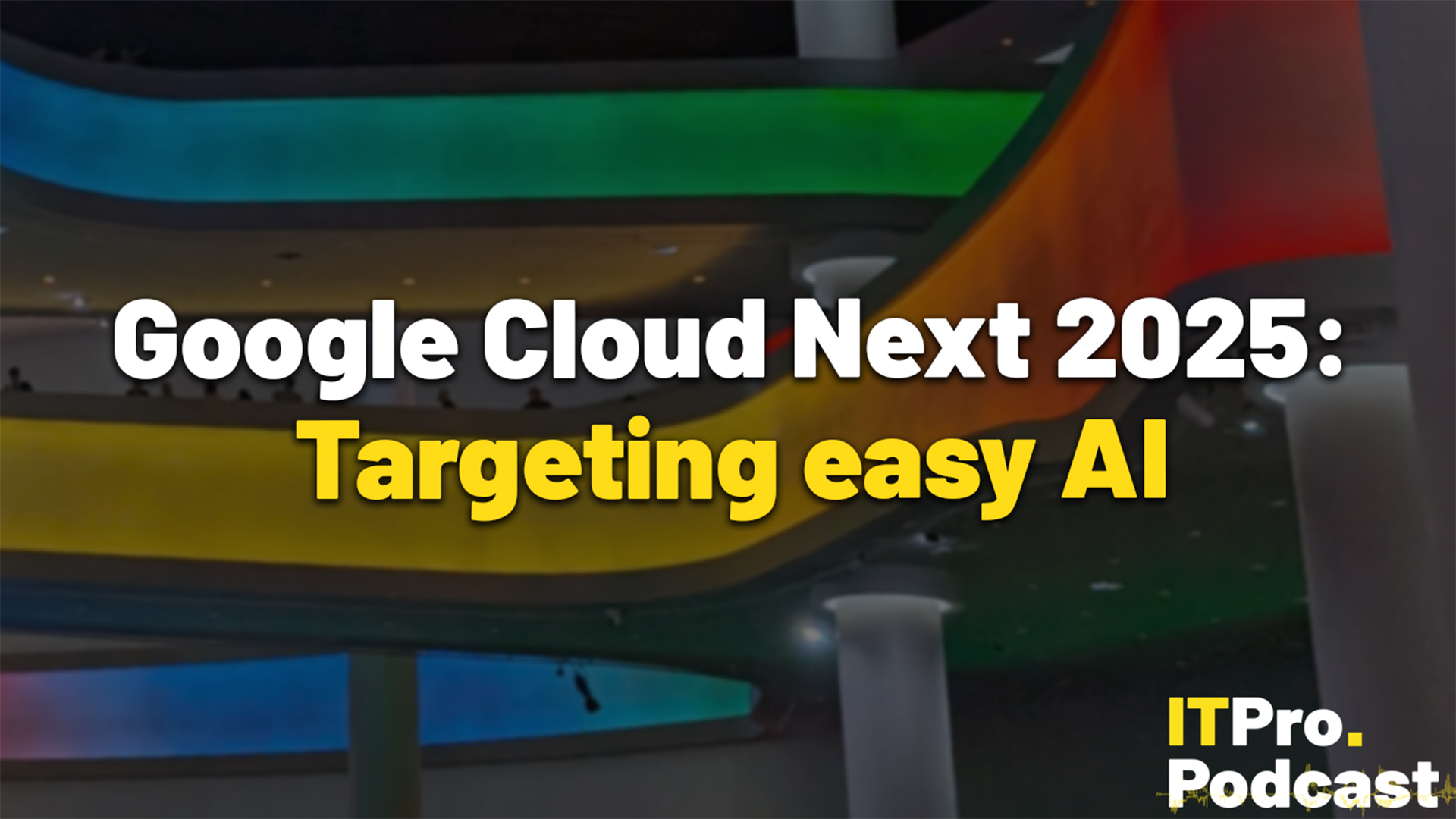 Google Cloud Next 2025: Targeting easy AI
Google Cloud Next 2025: Targeting easy AIITPro Podcast Throughout its annual event, Google Cloud has emphasized the importance of simple AI adoption for enterprises and flexibility across deployment
By Rory Bathgate Published
-
 OpenAI woos UK government amid consultation on AI training and copyright
OpenAI woos UK government amid consultation on AI training and copyrightNews OpenAI is fighting back against the UK government's proposals on how to handle AI training and copyright.
By Emma Woollacott Published
-
 DeepSeek and Anthropic have a long way to go to catch ChatGPT: OpenAI's flagship chatbot is still far and away the most popular AI tool in offices globally
DeepSeek and Anthropic have a long way to go to catch ChatGPT: OpenAI's flagship chatbot is still far and away the most popular AI tool in offices globallyNews ChatGPT remains the most popular AI tool among office workers globally, research shows, despite a rising number of competitor options available to users.
By Ross Kelly Published
-
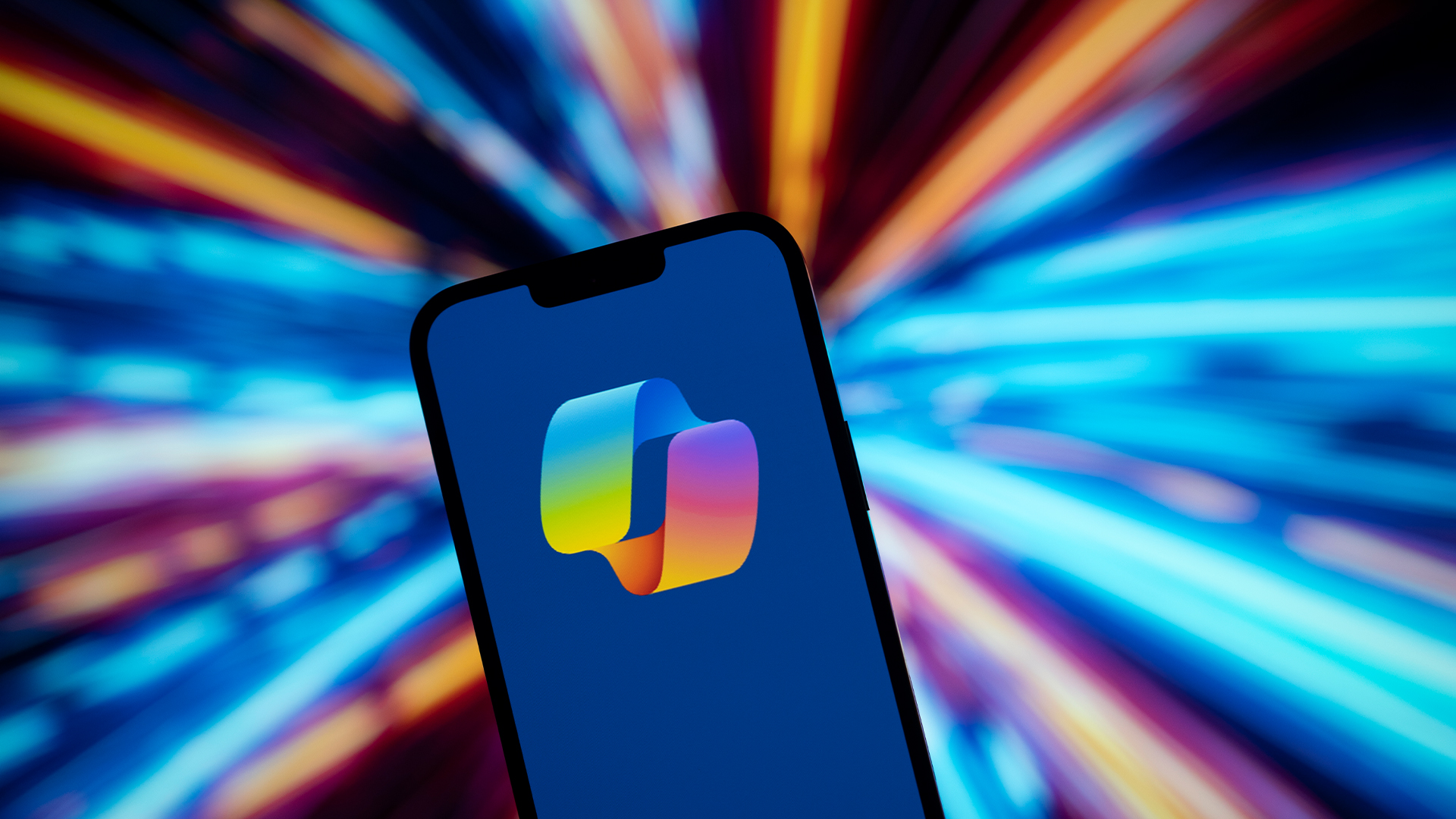 Microsoft launches new security AI agents to help overworked cyber professionals
Microsoft launches new security AI agents to help overworked cyber professionalsNews Microsoft is expanding its Security Copilot service with new AI agents to help overworked IT teams deal with surging security threats.
By Bobby Hellard Published
-
 ‘DIY’ agent platforms are big tech’s latest gambit to drive AI adoption
‘DIY’ agent platforms are big tech’s latest gambit to drive AI adoptionAnalysis The rise of 'DIY' agentic AI development platforms could enable big tech providers to drive AI adoption rates.
By George Fitzmaurice Published
-
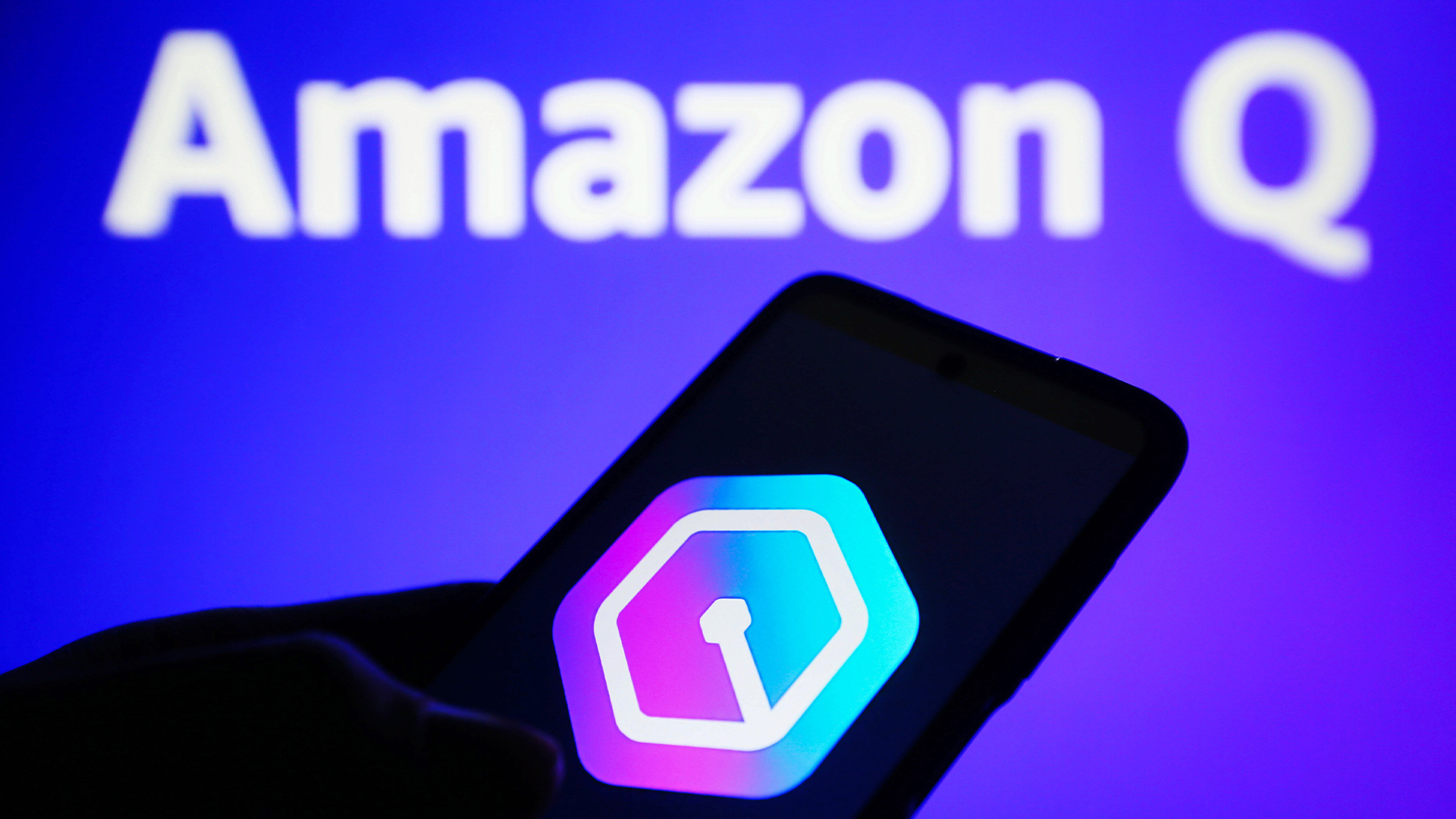 'Customers have been begging us to launch': AWS just rolled out Amazon Q Business in Europe – and it includes new data residency features
'Customers have been begging us to launch': AWS just rolled out Amazon Q Business in Europe – and it includes new data residency featuresNews AWS has announced the availability of its Amazon Q Business platform in Europe in a move sure to please sovereignty-conscious customers.
By George Fitzmaurice Published
-
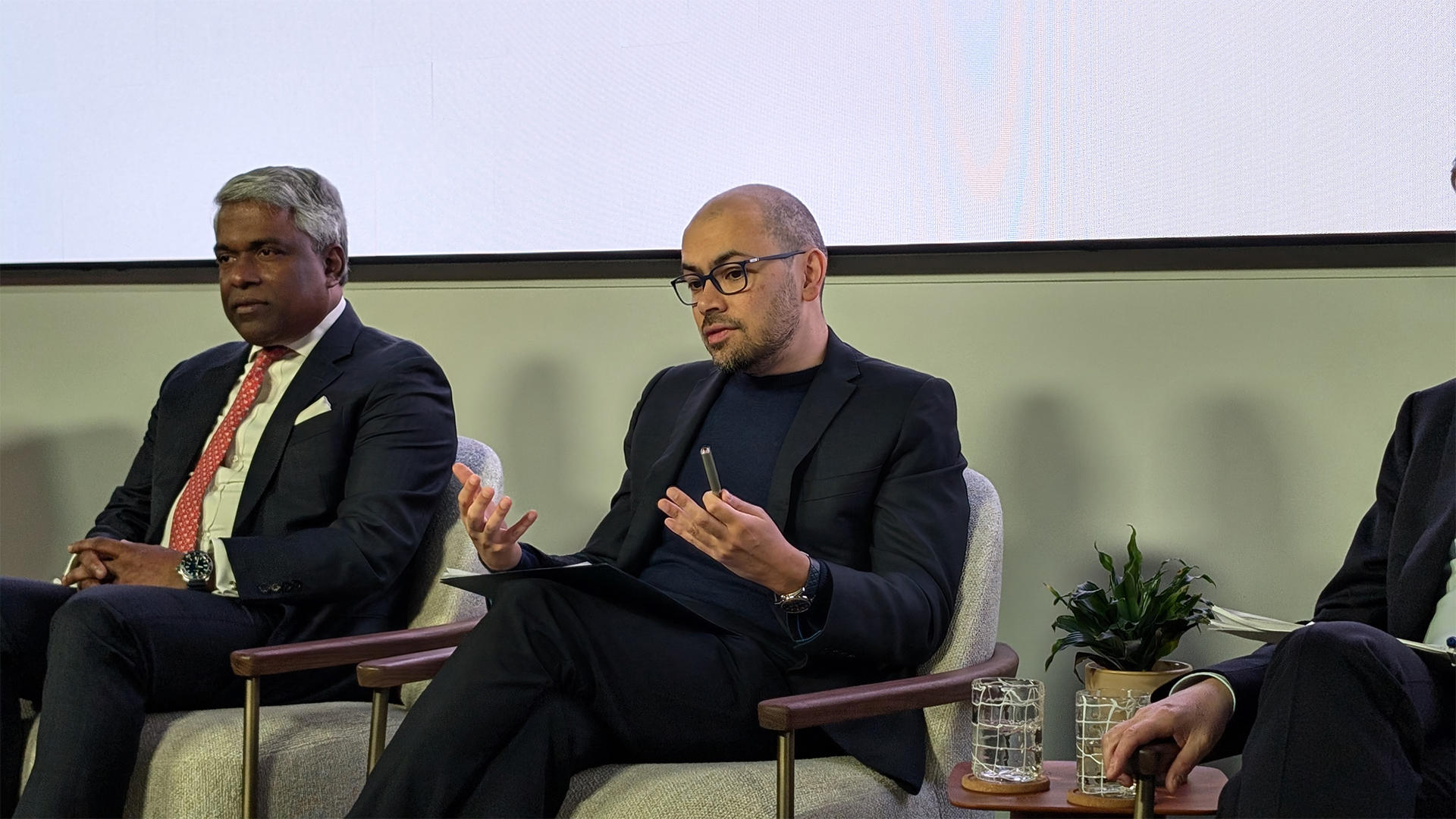 Google DeepMind’s Demis Hassabis says AI isn’t a ‘silver bullet’ – but within five to ten years its benefits will be undeniable
Google DeepMind’s Demis Hassabis says AI isn’t a ‘silver bullet’ – but within five to ten years its benefits will be undeniableNews Demis Hassabis, CEO at Google DeepMind and one of the UK’s most prominent voices on AI, says AI will bring exciting developments in the coming year.
By Rory Bathgate Published
-
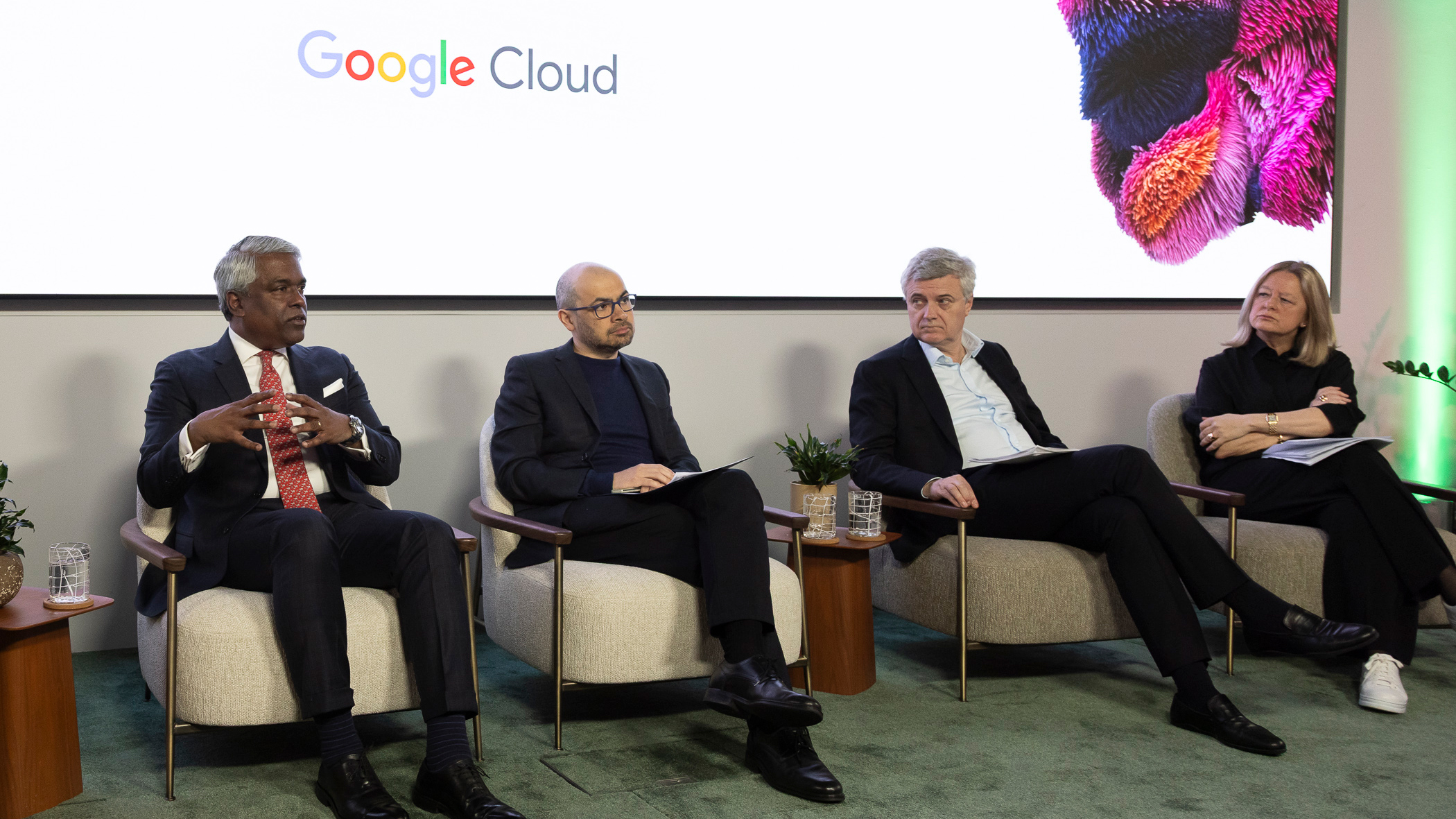 Google Cloud announces UK data residency for agentic AI services
Google Cloud announces UK data residency for agentic AI servicesNews With targeted cloud credits and skills workshops, Google Cloud hopes to underscore its UK infrastructure investment
By Rory Bathgate Published
